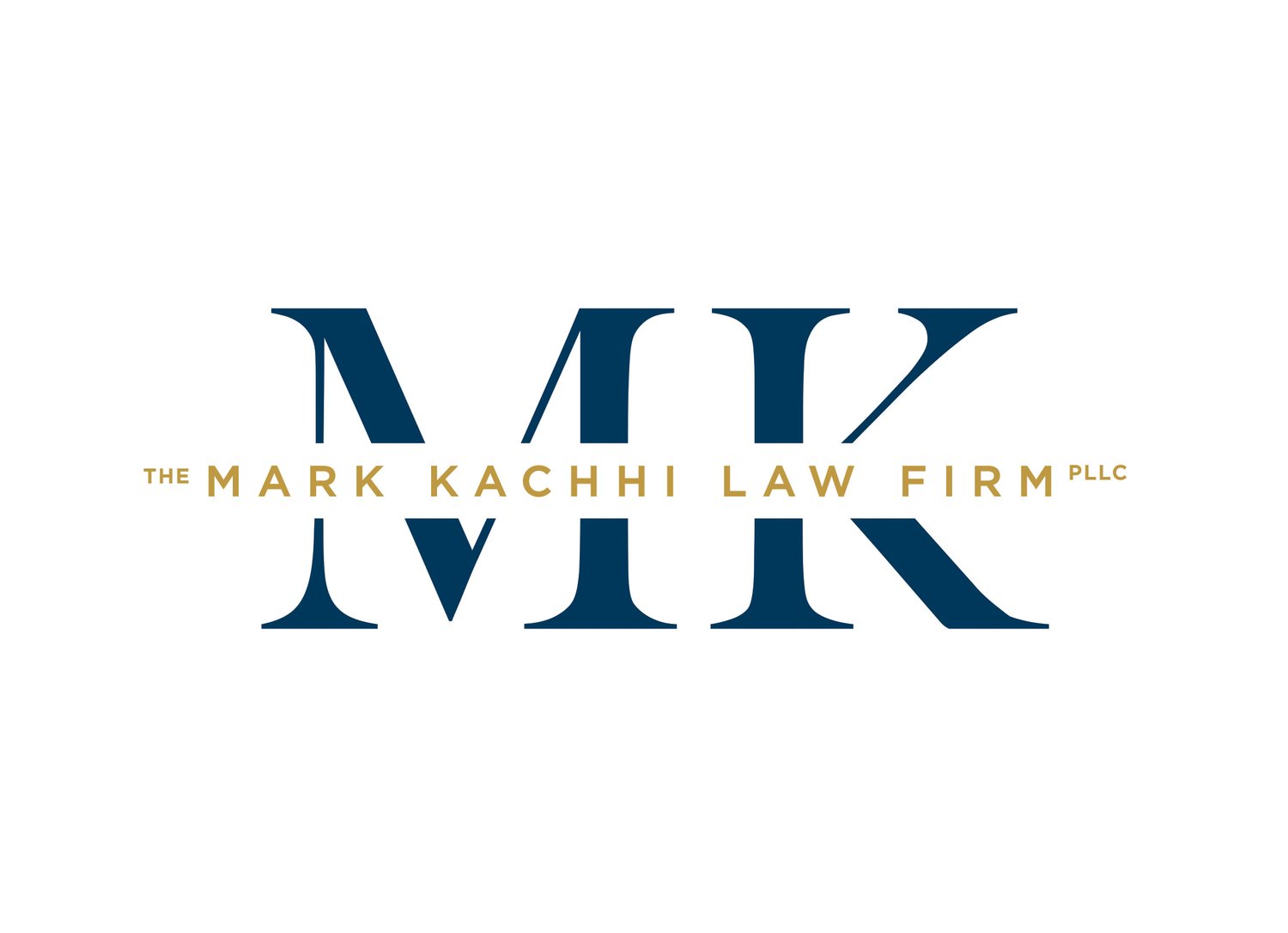The Root of All Evil: Confirmation Bias
This blog is for informational purposes, nothing within its content should be construed as legal advice.
To lead off with an analogy, let’s say you support a candidate running for political office. When positive news hits your timeline, it bolsters your support for that candidate, right? Similarly, when negative news comes to light, don’t you oftentimes find yourself immediately looking to discredit it, minimize it, or outright label it as a lie? This concept is known as “confirmation bias”—a phrase coined in the 1960s by English psychologist, Peter Wason—the tendency to search for, interpret, favor, and recall information in a way that confirms or supports your own previously established beliefs and/or values. The essence of this concept is that confirmation bias reveals the limited human capacity to process the complete set of information available, leading to a failure to investigate in a neutral, scientific way.
Cool, the root of all evil though?
When I say “root,” I mean that it is a foundational component. Tequila is a foundational component of a margarita, and it can lead to a good time, but it can also be the root cause of a hangover, drunk driving, domestic violence, vehicular homicide…you see where I am going with this. The bias is the base for what is often an evil cocktail. Confirmation bias leads us down many different roads of varying severity.
There are varying degrees of confirmation bias, as well as several areas in life in which it can be applied; some can be as harmless as the coach’s son getting to play starting quarterback, despite not having the best arm, whereas confirmation bias in other, more significant spheres—politics, business, religion—can have a much more substantial impact with considerable ramifications. On the lesser end, confirmation bias can lead to the coach’s son receiving the benefit of the doubt whenever he makes a bad play, along with excessive praise when he plays well; in more extreme circumstances, confirmation bias can lead to perpetuating racism, spreading bigotry, and a furthering divide on social issues that seem to become increasingly solidified due to this bias.
Confirmation bias in the legal realm
As we just covered, confirmation bias manifests itself in various shapes, sizes, and forms. Think of it like a Hindu God…but a bad one that messes stuff up. I’ll focus on law; here are just a few areas where confirmation bias is prevalent:
Juries- Ever heard of a jury consultant? They have created an industry exploiting confirmation bias. By picking jurors with the bias(es) that favor your side, and excluding those whose bias(es) favor the other side, you are positioning yourself for victory at trial. You may hear “bias” and think race, gender, or religion, but there are far more allegiances than you may realize. Police/private citizen; union/company; local/outsider; rich/poor; millennial/boomer; you get the point. During the jury selection phase, the judge will ask potential jurors questions aimed to stamp out confirmation bias, but it will not always work. It can be nearly impossible to sway someone deeply entrenched in their views, despite the mountain of evidence you intend to present.
Plea deal- Most criminal matters do not go to trial. Guilty convictions are often the result of the defendant and the state agreeing to a lesser guilty charge in exchange for waiving the right to proceed with trial. As a defendant, your attorney can always advocate for you while negotiating a plea, but ultimately the prosecutor is the one that extends the offer to you. The offers a defendant with no prior convictions receives are often much more generous than the offers received by someone with priors. Chances are that the prosecutor does not know the defendant or their story, however, the state has a preconceived notion of the defendant and are basing their offer off of it.
Tunnel vision- The detective or prosecutor who is convinced a suspect committed the crime. Have you ever heard about the time that Larry David saved a defendant from being wrongfully convicted of murder? If not, I recommend watching Long Shot on Netflix. It is a documentary about Juan Catalan, who was arrested for a murder that he did not commit. He had an alibi, he was at a Dodgers game; the problem was, he paid for his peanuts and Cracker Jacks in cash, and the only corroborating witness was his young daughter. Thankfully, an episode of Curb Your Enthusiasm was being filmed at Dodger Stadium that day, and it happened to capture the defendant on camera. Despite the alibi, the prosecutor—citing the possibility that Catalan could have left the game early (like most Dodgers fans do) and still committed the murder— charged forward with the case. Fortunately, the judge dismissed the case at the preliminary stage. When it comes to tunnel vision, sometimes it is not a racial bias that causes authorities to disregard what should be exonerating evidence; instead, it is actually confirmation bias that can act as blinders.
What can we do about confirmation bias?
No matter how open-minded you are, we are all programed with a default setting. Our upbringing, background, life experiences, and influences have taken a blank canvas and painted a picture. Oftentimes, without a strong sense of self-awareness, we feel this picture is a masterpiece since it the accumulation of a lifetime of knowledge and experience. All of this begs the question: what can we do to combat inherent confirmation bias?
Acceptance- This is the first step. In order to think about something objectively, you must first acknowledge that it IS possible that you have, at some point, stopped listening to the opposition. If your social media has become an echo chamber, and if you never criticize anything your theoretical candidate (from our earlier example) says or does, chances are you have not accepted the fact that you are influenced by confirmation bias. I’m not saying to change your views, but listen to the opposition and try to understand why are they holding to the opposing view so strongly.
Denzel- I have heard this trick can work for people who have accepted the existence of this bias. My favorite tactic, used over and over by Denzel Washington in the movie Philadelphia, is to say to his opponent in court, “[N]ow explain it to me like I’m a 5-year-old.” What I mean is to ask yourself, or your opponent on a stance, to explain to you the intricacies of their stance. The mind often sees and appreciates the forest, but we know literally nothing about the trees. When we try to explain the ecosystem of the forest, we realize we cannot. Some people will become defensive with this tactic, but others may realize that they knew less than they thought and, therefore, should learn more.
D&I- I am huge proponent of diversity and inclusion. Bringing people of all shapes, sizes, and backgrounds together to work towards a common objective is a powerful thing. When people get to know others personally, it can reshape a previously held conclusion. If life experiences shape our conclusions, a new life experience can reshape them as well. We tend to attribute greater weight to our own experiences versus what we are told by others. D&I does not have to be a scripted corporate initiative either. I believe youth and high school sports can serve as one of the greatest organic diversity and inclusion programs that we have access to. An athlete does not normally pick their teammates the way they may pick their friends. As a result, a honor student may be forced to share a dugout with a poor academic student from a different part of town. Working towards a common goal can create a bond between those in the trenches together. In doing so, we are sometimes able to shed former notions and form new ones.
Conclusion
If you took this article for a virtue signal fest—with Michael Jackson singing “Heal the world, make it a better place, for you and for me, and the entire human race…” in the background—I apologize.. We cannot boil the ocean here and rid society of confirmation bias. It is inherent in all of us. The purpose of the article is to create awareness of it, and make efforts where we can to minimize the evil impact it has on society. After all, there are people dying if you care enough for the living, make it a better place for you and for me.
Mark Kachhi, is licensed to practice law in Pennsylvania. His office is located in the Newbold neighborhood of South Philadelphia. Mark Kachhi offers a free consultation for people in financial trouble who are considering filing for bankruptcy. Please contact The Mark Kachhi Law Firm, PLLC at 215-439-7899.

